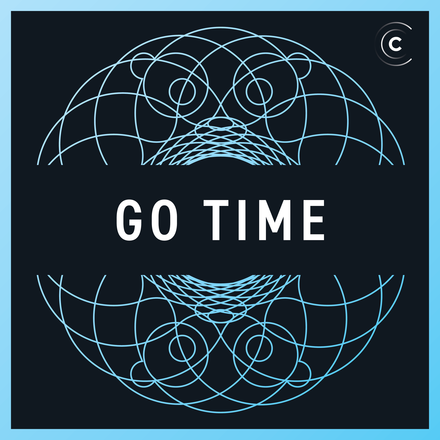Wait for it...
Our guests helped create a ML pipeline that enabled image processing and automated image comparisons, enabling healthcare use cases through their series of microservices that automatically detect, manage, and process images received from OEM equipment.
In this episode they will chat through the challenges and how they overcame them, focusing specifically on the wait strategy for their ML Pipeline Healthcare Solution microservices. We’ll also touch on how improvements were made to an open source Go package as part of this project.

